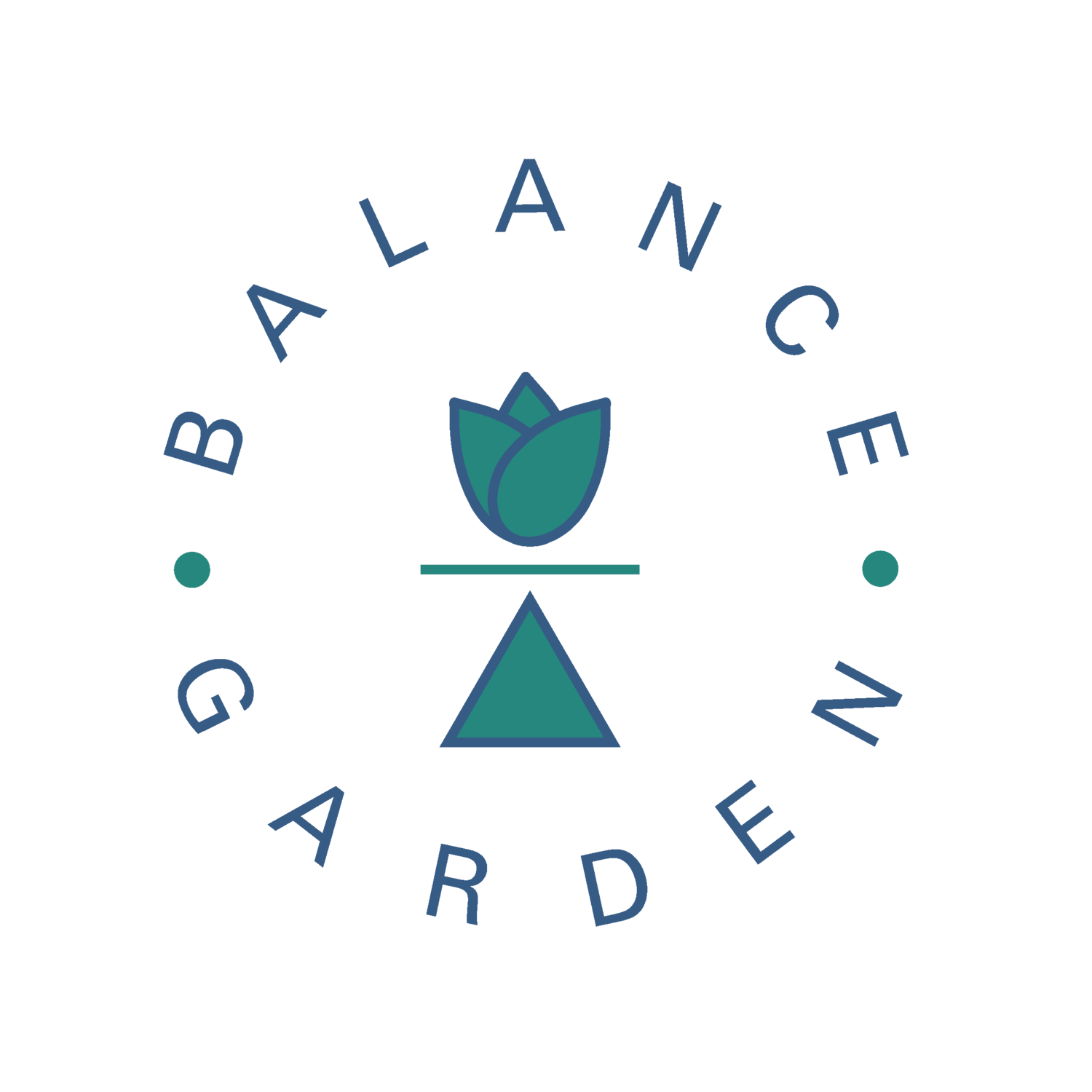Crafting Sticky Resolutions
/Words by Phoebe White
This season’s turning point brings us Winter Solstice (21st December), the festival of the sun. Traditionally, this is a time to mark the end of the year and plant seeds for the next. In modern times, it’s fashionable to talk about resolutions as December turns to January and a vibe of hunkering down until the spring descends. But much is going on beneath the surface.
In early civilisation, winter’s focus was surviving the elements and this festival was about setting hopes for what will come to fruition in the spring. I don’t know about you, but I can totally get behind this solstice’s celebration of the sun – a little glimmer of delight grows within me as the days start to get longer again. Many cultures celebrate a version of winter solstice, it’s the perfect time to plant internal intention seeds knowing that in the coming months energies will begin to rise, much like the nature around us.
In my last few blogs, I’ve talked about how to hone vision into realistic plans using the Disney strategy and finding wholeness by planning with chakras. If you followed these exercises, you may have a good idea of what new wishes and hopes you’re holding for the seasons to come. Maybe you’ve got a big idea, something entirely new that you want to do, or want to start a new habit, or stop an old one. Maybe this is the year you’ll finally start that new journey with your health, work, family or spiritual development.
Outcome focused resolutions for success
Another way to think about resolutions or intentions is ‘outcomes’ - the consequences you want to bring about as a result of your actions.
If you’re like me, you’ll have good experience of setting resolutions and not, for whatever reason, sticking to them, even though they’re still things you’d like to achieve. So, how can we make resolutions these stick? Well, big goals need to be broken down and understood before you start so that each step takes you in the right direction.
In Neuro Linguistic Programming (NLP) we call this a well-formed outcome –more than jut the things you want to do. Rather than simple to-do lists, it focuses on the resulting knowledge, behaviour change and consequences of your ‘outputs’. So rather than saying ‘I want to eat healthily, you’d say ‘I want to feel better’.
Richard Bandler and John Grinder, NLP creators, define a well-formed outcome in (1979) Frogs into Princes:
“A Well-formed outcome is a term originating in Neuro-Linguistic Programming for an outcome one wishes to achieve, that meets certain conditions designed to avoid unintended costs or consequences and resistance to achieving the goal resulting from internal conflicting feelings or thoughts about the outcome. Thus, a high quality outcome is more than a vague wish or goal. It is an objective or goal that is integrated with all aspects of one’s life (morals, ethics, relationships, finances, health, body, etc.) and has a process of accomplishment that respects and supports the current desirable circumstances in one’s life.”
By crafting a compelling vision and plan, we’re more motivated to continue along the path to achieving it heading off any unintended results and facing our resistances (those internal arguments we have with ourselves) before we begin before we put time, energy and emotion into it. Setting this ‘programme’ within us that means we’re much more likely to stick to the activities that will take us to our intentions.
NLP model P. A. C. E. R
Follow the process below to craft your sticky resolutions for the new year. Take some notes as you go.
P o s i t i v e
Any outcome is better formed when stated in the positive. If we say ‘I want to stop feeling low’, we’re putting ‘feeling low’ at the heart of the outcome. Your programming will work better with a positive statement like ‘I want to feel good’.
What specifically do you want? (if you’ve framed this is an ‘I don’t want..’, then ask, what you want instead).
What will this do for you?
What will it get for you or allow you to do?
A c h i e v a b l e
In order to sustain your efforts toward your outcome, make sure you know how you’ll recognise success. In fact, each step you take toward your outcome should have a developed sense of how you’ll know you’re achieving what you need to along the way. Say you want to get fit enough to run a marathon, you’ll need a plan for how to work up to the miles and keep yourself motivated along the way.
How will you know when you’ve got it?
What will you see, hear and feel?
How would someone else know you’ve got it?
What’s the first step?
What might be the final step?
C o n t e x t
Do you want this outcome in every situation? If you say you want to be in better control of your emotions, be clear if this is just in professional situations or with loved ones too. One might argue that you need to have at least some spaces where you allow your emotions to flow freely.
When, where and with who do you want it?
When, where and with who do you NOT want it?
How long for?
What behaviours, habits or ways of thinking will I need to change to get it?
E c o l o g y
We are all our own ecosystem, corresponding and dancing with other ecosystems in one big ecosystem. Make sure your outcome is ecological, or ethical. Chances are you’ll lose momentum toward an outcome if it transpires to bring some negative consequences. When setting an outcome, be sure to interrogate what impact achieving may have on other people, other roles you play in life and the choices it may give you. You could also look at this as being about ethics.
If you say you want to buy a house, it may mean you need to relocate or sacrifice other spending, would the impact of this be worth being a property owner?
Does this outcome fit with your sense of self?
What time will it take?
Who else will be affected and how might they feel?
How does this fit with what else you want to achieve in your life and work?
Now these questions are a brain teaser, stick with them, they’ll make your outcome really clear in your mind:
What will happen if you get it?
What will happen if you don’t get it?
What won’t happen if you get it?
What won’t happen if you don’t get it?
R e s o u r c e s
By resources we mean skills, people, money, kit, time etc.. What have you got already and what do you need? Say you want to set up a new business, have you done your market research and financial planning?
Can you start and sustain it?
What resources have you already got?
What resources do you need?
How much direct control do you have over the reaching the outcome?
What do you need from other people?
Who has already succeeded in achieving this or a similar outcome?
What new behaviours, habits and ways of thinking do you need?
Take a few moments to reflect on your outcome, run through any of the sections again, or get started on crafting an other sticky resolution.
If you’d like personalised support in using this model, either in person or online, get in touch quoting Balance Garden for a discount!
Happy new year!
A long serving Londoner, Phoebe is a qualified practitioner in Neurolinguistic Programming, life coach and yoga teacher, and experienced singer songwriter. She’s been leading workshops in a range of personal development topics and supporting people to achieve their goals for over 15 years. She teaches and sings regularly in North London and all around the world. You can find her over on instagram, facebook








































Blogcast for Balance Garden podcast episode 12 - ‘Still Light’